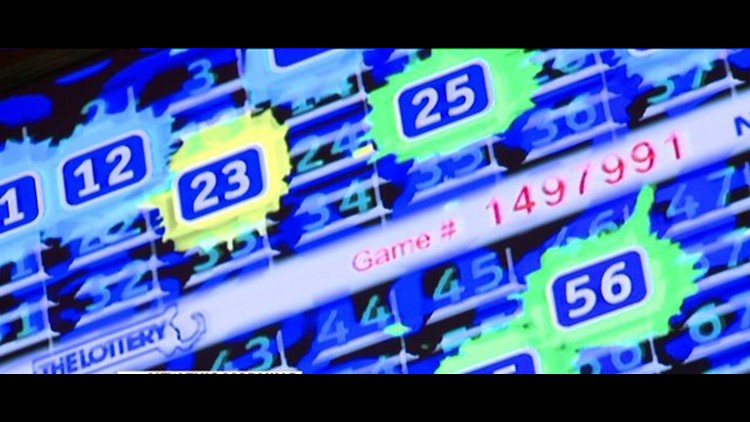HARTFORD— There’s another push at the state Capitol to set up keno in Connecticut stores, bars and restaurants, but the question is if the financial rewards are worth having mainstream gambling across Connecticut.
Lawmakers have been weighing which is more important while the 2015 legislative session keno bill was introduced at a public hearing in the General Assembly’s Finance, Revenue and Bonding Committee.
Anne Noble, the president and chief executive officer of the Connecticut Lottery Corporation, told lawmakers bringing keno into the state would keep lottery revenue stable and keep the business model competitive.
The Connecticut lottery currently provides the state with more revenue than both Mohegan Sun and Foxwoods combined, and they want to keep it that way– hopefully with keno. Keno can already be found in Massachusetts, New York and Rhode Island.
The game is played by having a player fill out a bubble sheet to pick his or her numbers, and then watch the monitor.
“It’s important way to keep the lottery’s revenue growing and not declining,” said Anne Noble, president of the CT Lottery.
Noble said while the lottery is financially healthy, it is projecting a decline in contributions to the state’s main spending account for the first time since 2008 — from $319 million in fiscal year 2014 to $312 million in fiscal year 2015.
By allowing keno to be offered by the lottery’s 3,000 retailers, and potentially 600 new retailers that run bars and restaurants, Noble predicts possibly $25 million in gross revenues could be generated in the first year, $50 million in the second, $70 million in the third, and perhaps more in the future.
“It’s steady revenue growth over time. That`s what you see in other states that offer this game,” said Noble.
Dan Mancini owns the Red Rock Tavern in Hartford and says he would welcome keno gaming into his establishment.
“When I participated in Massachusetts, everyone in the bar was playing it, so it seems like it would have a lot more volume,” Mancini.
Establishments like bars and restaurants would receive about 5 percent of total revenue from keno sales, while 65 percent of revenue would go to winning players, and up to 25 percent would be split equally between the two casino tribes. The rest would go to the state’s general fund.
The revenue would the state would receive could between $1 and $2 million, if $25 million in gross revenues is achieved, according to Noble.
The game would be played like a lottery, a ticket like mega millions, the numbers would be generated in a computer system.
“Keno, as the lottery will offer it, is not an electronic game,” Noble told lawmakers. “It is a lottery-draw game, and it is played out of our terminal. You get a play slip, just like Powerball or MegaMillions. The winning numbers are picked by a random-number generator.” Noble said.
State Senator Tony Hwang (D-Fairfield) testified he’s concerned keno could increase the rate of gambling addiction in the state.
“We are now taking that and sanctifying it and bringing into restaurants and normal settings of engagement, just for the little bit of money we’re talking about,” said Hwang.
Rep. Jeffrey Berg (D-Waterbury), the committee’s co-chairman, supports the legislation. He pointed out how the lottery currently provides the state with more revenue than the two tribes’ casinos — Mohegan Sun and Foxwoods Resort Casino — combined.
Since the lottery was created in 1972, the corporation has contributed more than $8.3 billion to the state. Since the Foxwoods casino opened in 1992, the two casinos have contributed more than $6.5 billion to the state.
Berger says keno would cater to an entirely different crowd that casino gambling.
“It’s a market that goes to a bar and restaurant, a casual player can go to the bar and play. It’s a different market than going to and playing at a slot machine, “Berger said.
Keno has been controversial for years, and polls have shown opposition in Connecticut spanning the tenures of two governors. A poll by Quinnipiac University in June 2013 showed that 59 percent of residents were opposed to the plan, continuing a trend that started several years earlier.



